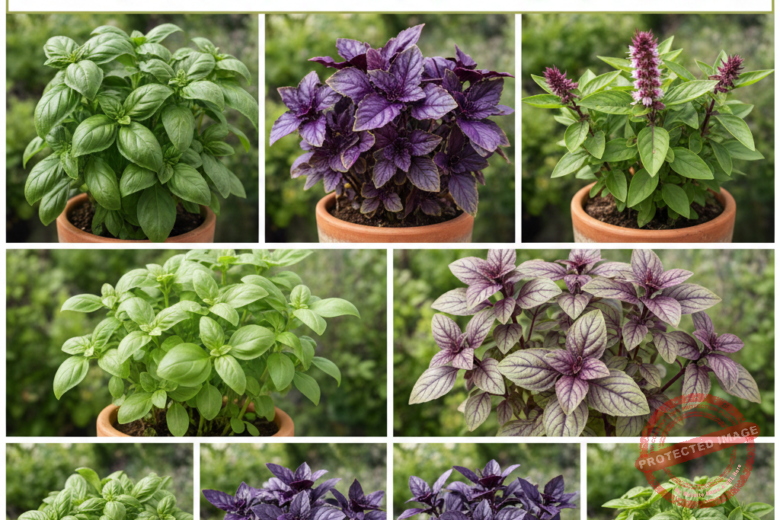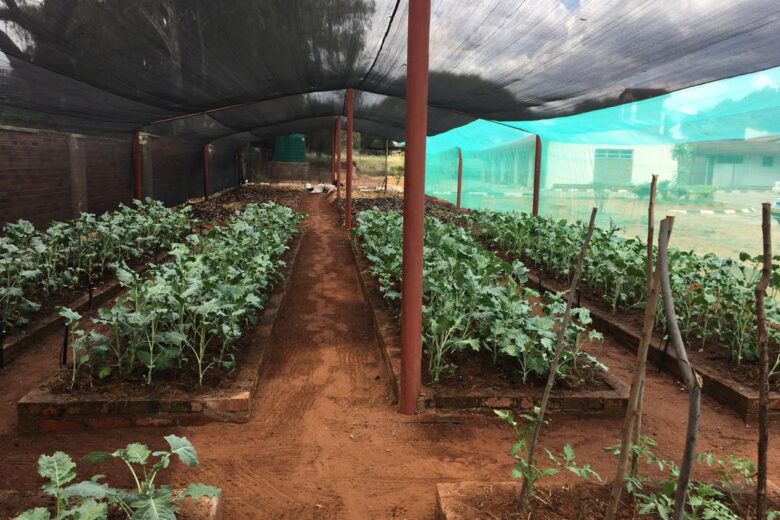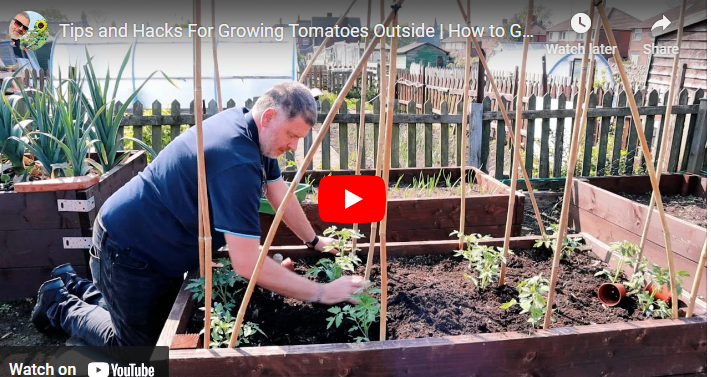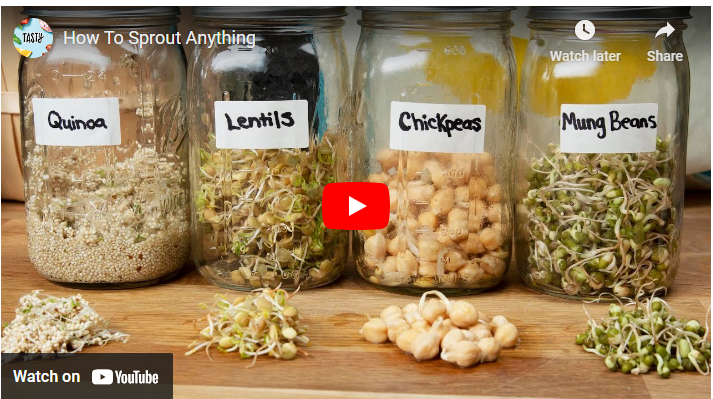Howdy fellow farmers! Today, we’re diving deep into the world of apple farming in Nigeria. Now, I know what you’re thinking – apples in Nigeria? Well, buckle up because with the right knowledge and a bit of elbow grease, we can make it happen.
This guide is like our trusty plow, breaking new ground and sowing the seeds for a fruitful apple orchard right here in our Nigerian soil.
Picking the Right Apples for Our Patch
Navigating the Variety Maze
Before we start planting, let’s chat about picking the right apple varieties. We need apples that can handle the Nigerian heat, like our buddies Anna, Dorsett Golden, and Tropical Beauty. They’re the troopers that won’t back down in our tropical climate.
Weather Talk
Our apples need a little chill, but fear not. There are low-chill varieties that can handle our Nigerian vibes. Keep an eye on those temperature patterns, and we’ll find apples that dance to our weather tunes.
Prepping the Soil: Where the Magic Begins
Soil Harmony
Our soil needs to be in tune with our apple dreams. Well-draining soil is the name of the game, with a pH sweet spot between 6.0 and 7.0. Grab that soil test kit and let’s make sure our soil is singing the right tune.
Nutrient Boost
Just like we need our morning cup of coffee, our soil needs a nutrient boost. Toss in some organic goodies – compost, manure, the whole shebang. And don’t forget the N-P-K trio (nitrogen, phosphorus, and potassium) – our apples love it.
Planting Apple Trees: Where Dreams Take Root
Perfect Timing
Timing is everything, folks. Aim for the dry season, roughly between October and February. That’s when our soil is ready for some planting action.
Picking the Right Buds
Get your saplings from trustworthy nurseries – the ones with strong branches, healthy leaves, and roots that mean business. Healthy saplings mean a happy orchard.
Planting Rituals
Dig those holes wide, but not too deep. Plant at the same depth as the nursery – we don’t want our apples feeling buried. And give them space to breathe; they like a bit of elbow room.
Tending Our Orchard: Because Every Plant Needs a Little Love
Watering Rhythms
Our apple trees are like us on a hot day – they need a good drink. Keep the soil moist, not soaking. They like a bit of mystery, not a swamp.
Pruning Serenade
Pruning is like giving our trees a stylish haircut. Shape them up, remove the deadwood, and let them shine. Train those young ones, and you’ll have apple trees with swagger.
Pests and Party Crashers
Keep an eye out for uninvited guests – aphids, mites, and fruit flies. Go for integrated pest management; it’s like sending out party invitations only to the good bugs.
Weathering the Storms: Challenges and Solutions
Orchard Drama
Apples, like any diva, might have some drama. From poor fruiting to funky leaves, we’ll troubleshoot and fix things up. A healthy orchard is a happy orchard.
Beating the Heat
Our Nigerian weather can be a handful. Shade those trees, water them well, and let them know you’ve got their back in the heat.
Conclusion: From Seeds to Sweet Success
Fellow farmers, growing apples in Nigeria is like a dance – sometimes tricky but oh-so-rewarding. Pick the right varieties, prep that soil, plant with care, and tend to your orchard like it’s family. Embrace the journey, conquer the challenges, and soon, your apple trees will be the stars of the show.
So, grab your hoe, don your farmer’s hat, and let’s sow the seeds of a thriving apple orchard right here in Nigeria. Happy farming!



